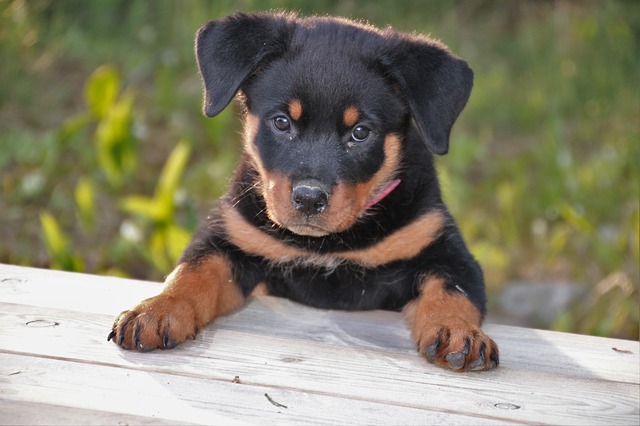A healthy puppy begins with vaccines, and your puppy’s health depends on these vital shots. If your new to dog ownership, you may not realize what and when your puppy needs. You should make sure that you can get your dog properly vaccinated to give him the best chance at a healthy life. Vaccinations will let your puppy have a defense against harmful disease and viruses. If you want to give your puppy the best start in life, make sure you get him vaccinated when it’s the right time and with the right disease-fighters.
What Vaccinations Your Puppy Needs and When
The first shot for your puppy begin at two to four weeks old, and continue until they’re about 14 weeks. Your vet may have a different timetable, but this is generally the schedule. Your specific may require certain vaccinations as well, so your vet will inform you if this is the case.

5 weeks: Your puppy will receive a parvo virus.
6 to 8 weeks: Canine distemper, infectious hepatitis, parainfluenza and parvovirus infection will be adminstered as a combination known as DHPP. He may also receive a roundworm vaccination, as this is the appropriate age at which it can be administered. If Corona is a concern, your puppy will be vaccinated against it during this time in his life.
12 weeks and older: Rabies is administered at this time time the particular age may vary according to the local state and city laws, however, so check with your vet.
There are other vaccinations that considered “non-core” and they depend on your puppy’s exposure risks to other dogs and certain areas. These vaccines include Bordetella bronchiseptica, Borrelia burgdorferi and Leptospira bacteria.
12 to 15 weeks: Your puppy may receive a combination vaccination for Leptospirosis and Lyme disease, if your area is known for it or if the puppy will be traveling to an area where Lyme disease is frequent among animals.

Knowing Puppy Health: Natural Antibodies
Just like a human baby, puppies get antibodies from their mother. Puppies are susceptible to disease, and so they need their vaccinations, however, the antibodies in their mother’s milk goe a long way, your puppy receives these antibodies while nursing. The antibody-containing milk is known as colostrum, and lets the mother pass the antibodies against diseases for which she’s been vaccinated, showing why it’s really important to keep up the mother’s vaccination schedule as well. You can go over what vaccinations the mother might need with your vet before the mother is pregnant.
While the guidelines above are common with most dogs, some vaccinations can depend on the dog’s weight and height, as well as any certain health disorders the puppy may have. Your vet will guide you on the best course of action. If you purchase a puppy from a breeder, you can get the vaccination list from the breeder so you know what your new pet has already received, if applicable.


















